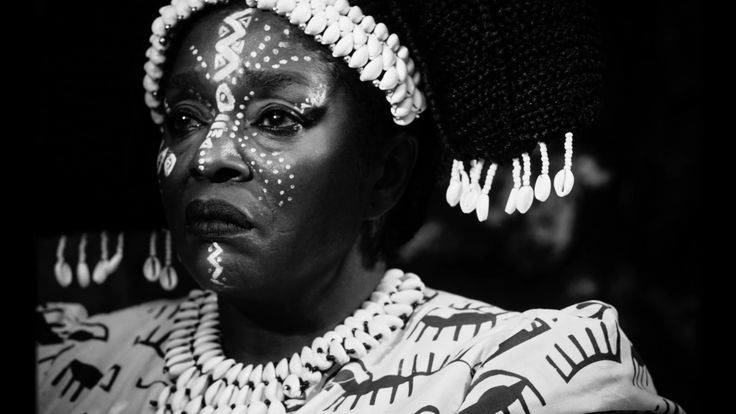First Published On August 2023
It is fair to say that in the vast realm of African cinema, C.J Obasi has emerged not merely as a Nigerian filmmaker but as a torchbearer of the continent’s storytelling legacy. His latest film, Mami Wata, serves as a striking example of a commitment to preserving and enriching African folkloric narratives on the big screen.While the premise of Mami Wata isn’t convoluted or very complex, it clearly unfolds a tale that strikes at the core of cultural identity. It delves into a world where the harmony of a village is under threat from external forces, compelling two sisters to embark on a heroic mission to save their people and restore the glory of a mermaid goddess.
In a landscape where cinematic diversity is uncommon, Obasi emerges as a pivotal figure looking to bridge the gap between the African lore and African cinema. From short clips released earlier, much like his predecessors, Obasi’s work here would appear to exude a understanding of the cultural nuances. In this case, the West African Mermaid lore, all boldly embodied in a rich linguistic tapestry expressed through English, Fon, and West African Pidgin English. It is important to celebrate this.
The significance of “Mami Wata” transcends its narrative alone. There’s the breathtaking black and white cinematography by Lílis Soares that immediately adds layers of depth to the film’s storytelling. The fact that Soares’ work garnered the Special Jury Prize at Sundance underscores the visual brilliance of the film, reinforcing its artistic merit and establishes it as a cinematic triumph that clearly resonates with audiences on an international scale. It is definitely bold and much like Robert Eggers’ The Light House, the monochromatic palette evokes a hauntingly beautiful atmosphere, showcasing Obasi’s intent to transport viewers into the enchanting world he has created. All of these produces artistic implications for emergent storytellers on the continent. It is an invitation to craft bolder story worlds and cinematic backdrops.
It should be said that this film ultimately speaks to the broader narrative of Nigerian cinema’s ascent, which sometimes grapples with defining what is mainstream and what is not. Just as Mami Wata weaves a tale of two sisters fighting to restore harmony and the glory of a mermaid goddess, Obasi’s work might symbolize the Nigerian film industry’s quest to find its own harmony and to emerge as a powerhouse of storytelling that resonates globally.
With its impending Nigerian premiere and release by September 8, there is a palpable anticipation for “Mami Wata” to serve as a catalyst for the continued growth and recognition of Nigerian cinema. It will mark a watershed moment, celebrating not only a cinematic triumph but also the promise of a cinema that commands respect, honor, and a place on the global stage.
By Taiwo Egunjobi


Leave a Reply